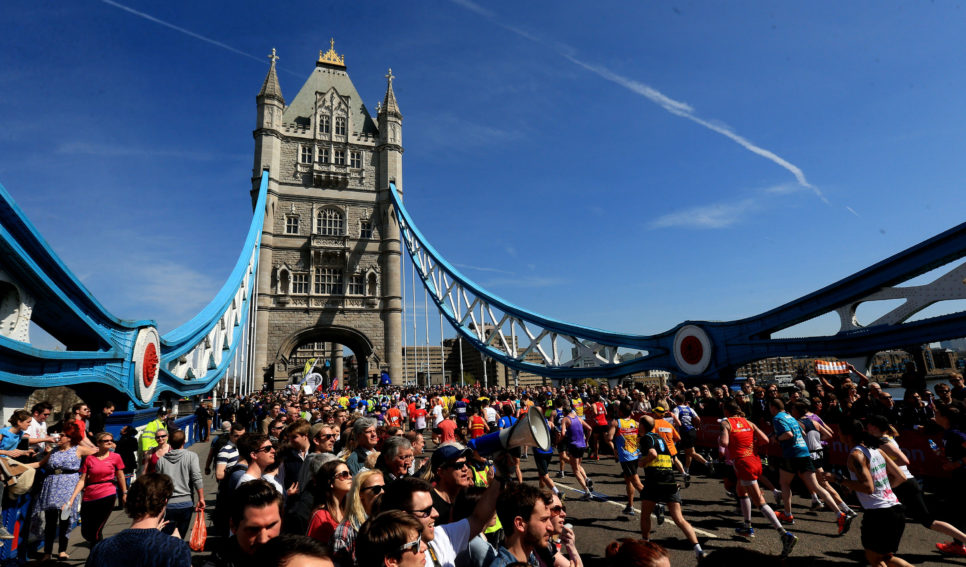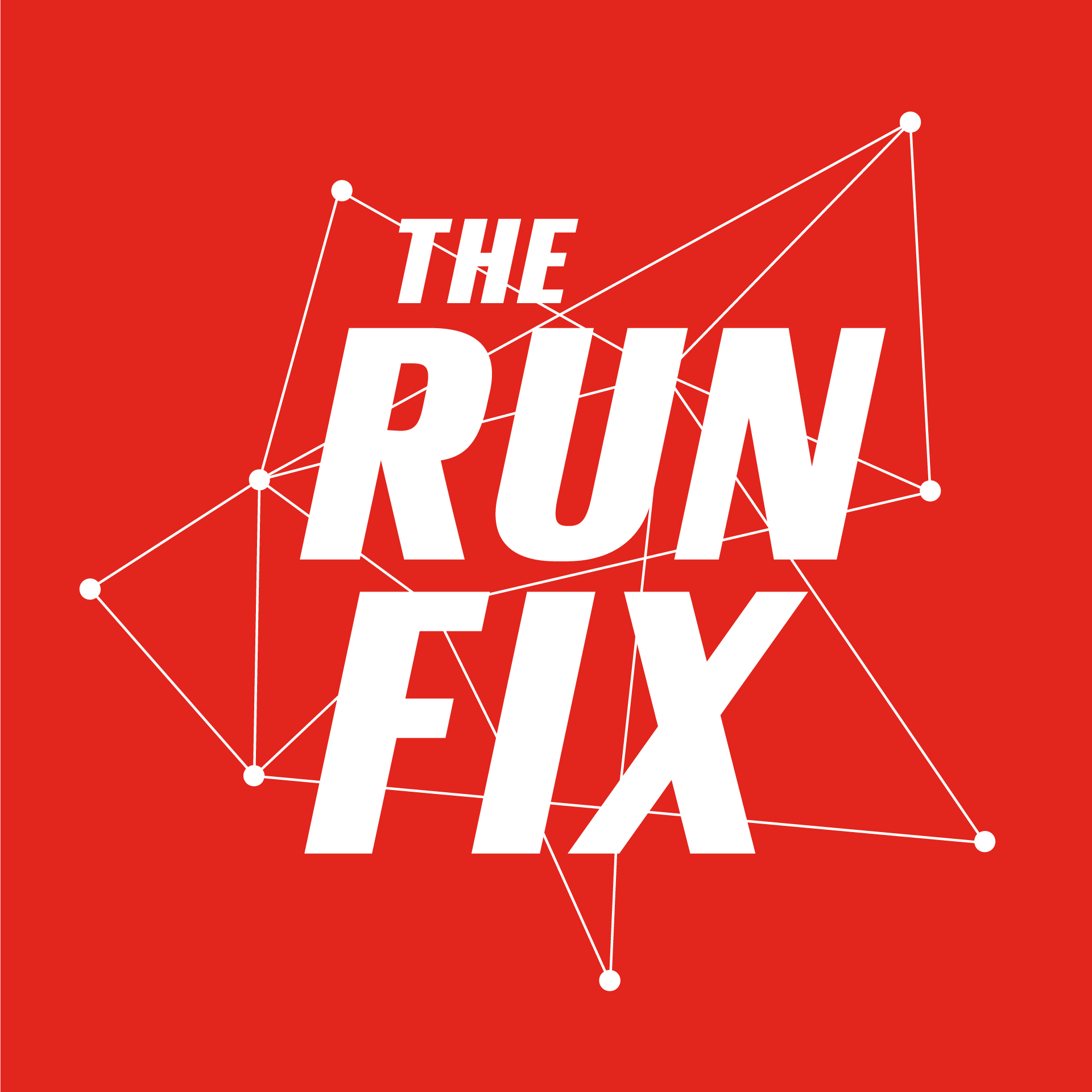
What to do next after a Marathon.
We had the 37th Virgin Money London Marathon today and April has also seen the Manchester, Brighton, Paris and Boston races, all within a few weeks. As a Runing Physio April is my favourite month each year. Its been an absolute pleasure getting people prepped and hearing people’s stories. Whoever you are and however experienced a runner, a Marathon is still a really long way and a really big deal.
However, now that the big day is over, what should you do next?
The most important things to do now are:
1) Celebrate!
2) Analyse and plan future events
3) Recover
Analyse and plan
This is my favourite bit and the bit that so may runners neglect. If you plan to keep running (which I really hope you do!) then there’ll many lessons you can learn form this Marathon. It’s incredibly rare (maybe even impossible) to have a perfect build up and a perfect race-day. There will always be set-backs, challenges and unforseen circumstances. The key is how we deal with these and learn from them.
Injury, niggles and fatigue are incredibly common during Marathon preparation.
Did you do too little or to MUCH training??
For many novice runners I usually say ‘less is more’ in terms of Marathon training. The most important thing is getting to the start line in one piece. Meanwhile, the key to completeing long runs is to be able to recover well from them, rather than doing too many tired miles or creating excessive cumulative fatigue. We get fitter by stressing our bodies to stimulate adaptation, but adaptation depends upon the correct dose of stimuls (running) accompanied by adequate recovery. Otherwise we can lead ourselves vulnerable to injury and fatigue. Did you struggle to find time to train? Did you lose motivation during the cold winter months? Or, perhaps put in too many miles and ended up with an injury? Things to try for your next race might include:
- Shorter (or longer) long runs
- Less (or more) training days per week
- More (or less) strength training/ cross-training
- Tempo long runs
- Speed work/ track intervals
- Technique work
I’ll be talking about each of these tactics in furture blogs.
Did you have a problem area or injury?
Longer runs really test your mechanics. We all have habits in the way we move and ‘weakest links’ based on our anatomy, strength and running form. Towards the end of long runs, perhaps those last few miles of an 18 miler, running form will deteriorate and our usual form errors will tend to be exaggerated. Cadence will tend to drop, pelvic control and hip drop will tend to worsen and our gait’s will tend to narrow. Its potentially these tired running miles that end up causing niggles and injuries (another reason I prefer quality over quantity in Marathon training and often recommend slightly shorter long runs).
Recover
Marathons are really tough on the body – it’s as simple as that. Physiological systems including your muscles, tendons, endocrine system (hormones), and cells are challenged to the max during a marathon race. It doesn’t matter if you’re a championship starter, a good for age runner, or if it was your first marathon, 26.2 miles is 26.2 miles and your body has undergone tremendous physical stress. When we consider how long it might take to recover from the Marathon, we can look at some of the scientifically measured physiological systems that are most effected and how long each takes to fully repair.
1) Muscle soreness
Skeletal Muscle Muscles soreness and fatigue are the most obvious case of damage caused by running the marathon distance. One scientific study conducted on the calf muscles of marathon runners concluded that both your long training runs, and the marathon itself, induce inflammation and muscle fiber necrosis that significantly impaired muscle power and durability for up the 14 days post marathon. Put simply, it will take about 2 weeks post marathon for your muscles to return to full strength.
2) Cell damage
Cellular damage post marathon includes oxidative damage, increased production of creatinine kinase (CK) (a marker that indicates damage to skeletal and heart muscle tissue) and increased myoglobin levels in the blood stream (which often results in blood being present in urine). CK damage has been shown to persist for more than 7 days post marathon while myoglobin in the bloodstream has been demonstrated 3–4 days post race. This indicates that the body needs at least 7–10 days of rest post marathon to fully recover from the cellular damage caused during the race.
3) Immune suppression
Post marathon, the immune system is severely compromised, which increases the risk of contracting colds and the flu. Studies confirm that the immune system is compromised for up to three days post marathon and immune suppressions has also been shown to be a major factor in overtraining syndrome. For this reason it is critical that you rest as much as possible in the three days following a marathon and focus on eating healthy and nutrient rich foods. The research clearly indicates that the marathon induces significant muscle, cellular, and immune system damage for 3–14 days post race. Therefore, it is essential that all marathon runners have a 2–3 week marathon recovery protocol that focuses on rest and rejuvenation of these physiological systems.
Example Marathon recovery plan:
Days 1-3 post-marathon
Running: None
Cross Training: None
Recovery Tips and tricks:
Soak in a hot tub for 10–15 and stretch well afterwards.
Each lots of fruits, carbohydrates, and protein. The Carbs and protein will help repair the muscle damage while the fruits will give you a boost of vitamin C and antioxidants to help combat free radical damage and boost your immune system.
Light massage is good here but don’t schedule a deep tissue massage yet as you’ll have lots of micro-trauma in your muscles and tendons.
Days 4-7 post-marathon
Running: One day, 2–4 miles very easy
Cross Training: Optional – Two days, 30–40 minutes easy effort. The focus is on promoting blood flow, not building fitness.
Recovery Tips and Tricks:
Continue eating a healthy diet.
Now is the time to get a deep tissue massage if you have areas that are feeling really tight, or to see a Physical Therapist if you feel you are injured.
Epsom Salt Baths are a great thing to try. About an hour before bed, perform some light foam roller work and then soak in a hot/warm bath with 3 cups epsom salt and 1 cup baking soda for 10–15 minutes. After the soak, perform some gentle stretches and relax.
Days 7-14 post-marathon
Running: Three or four days of 4–6 miles very easy.
Cross Training: Optional – Three sessions total. One easy session and two medium effort sessions for 30–45 minutes.
Days 14-21 post-marathon
Running: Begin to slowly build back into full training.
Cross Training: 1 easy session, 1 medium session, and 1 hard session of 40–50 minutes.
Its as simple as that! Celebrate, recover and plan for your next Marathon 🙂

